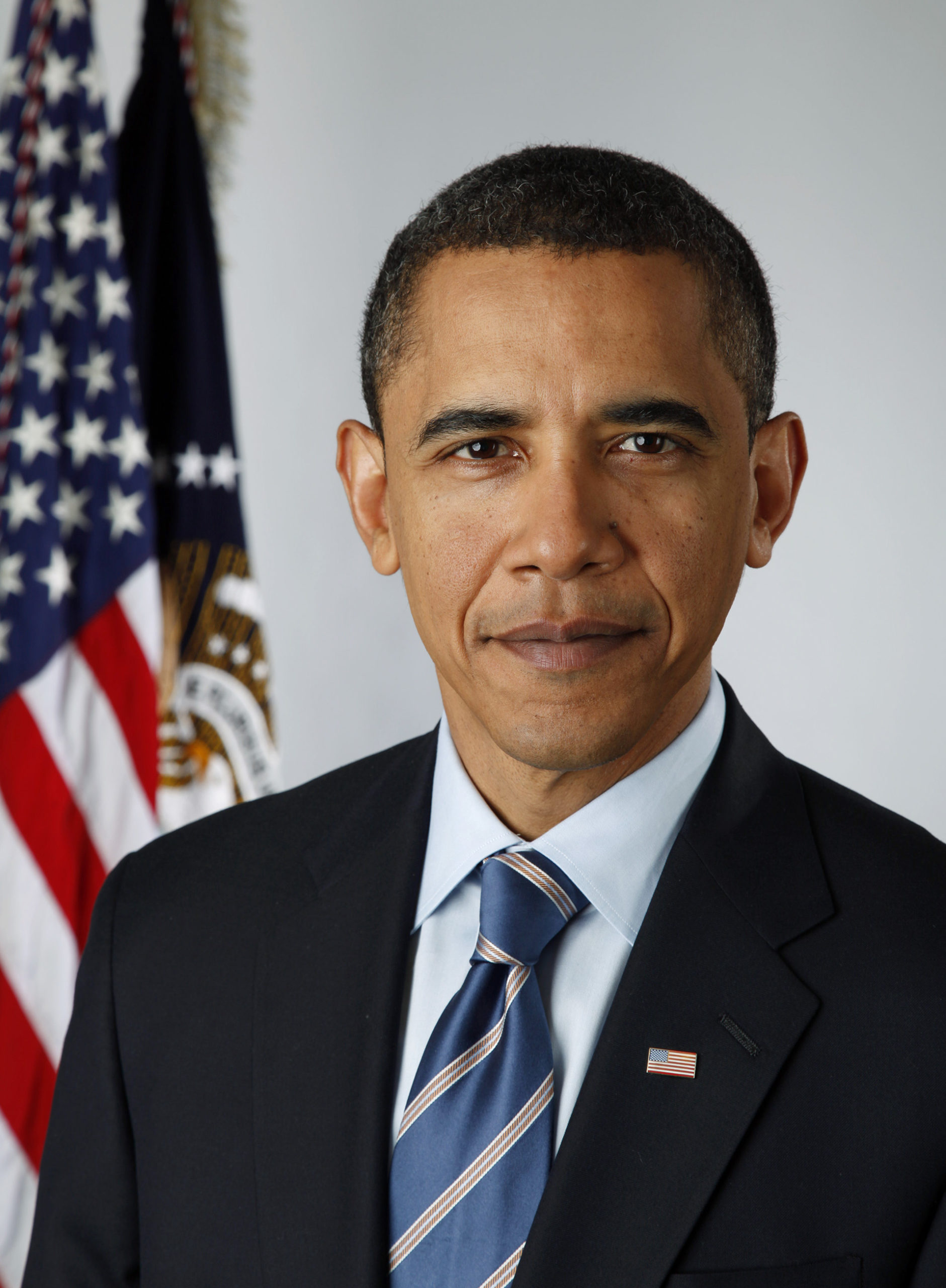FEBRUARY 10, 2020 – In an opinion piece published in Saturday’s edition of The New York Times, Keeanga-Yamahtta Taylor (I double-checked the spelling of her name), a Bernie supporter and an assistant professor of African-American studies at Princeton, suggests that Obama’s failure to bring about transformational change might have contributed to voter disaffection—giving Trump his opening. In other words, she argues, perhaps Obama was too much of a moderate. The rest of her piece is written largely from an African-American perspective.
Ms. Taylor’s connection between Obama and black voters is understandable. In my view, however, it’s yet another reminder of how that very connection reveals the confused state of American views on race—and more specifically, exactly how “racist” we are, however we wish we weren’t or think we aren’t.
Consider, for example, two “problems” with the view of Obama as our “first black president.”
In the first place, he’s exactly half white and white as can be, at that! But no, in America, and I dare say in most parts of the world, if you’re part (discernibly) black, well, you’re mostly as good as “all black.” And if you’re as much as half black, you’re guaranteed to be viewed (and discriminated against) just as if your lineage were 100% black African. No carte blanche for you. Not once have I heard anyone refer to Barack Obama as our first “part” or “half African-American.” If the white supremacists view him as “all black,” I venture to guess that nearly all white liberals—and even a good many African-Americans—view him that way too. But in its own way, is that tendency not intrinsically “racist?”
Second, as to Obama’s black-African lineage, we plunge even further into racial confusion. Here’s how: when we talk about the history, challenges, aspirations, voting patterns of “African-Americans” and issues such as housing, education, employment opportunities, police brutality, and broad-based discrimination, all relative to “African-Americans,” we mean people who are descendants of West African slaves. Those descendants among us are the ones who’ve suffered from the legacy of slavery. Yet Obama is of East African (Kenyan) parentage. No descendant of slaves was Obama, and consequently, he shares none of the multi-generational effects of abuse, recrimination, and discrimination that a large segment of the “African-American” voter cohort carries to this day.
How quickly, though, we Americans—whatever our political stripes—connect Obama to . . . descendants of West African slaves. How natural, how logical, how perfectly understandable. How perfectly racist. After all, though of quite different ethnic backgrounds, descendants of Africans—east or west side of Henry M. Stanley’s “Dark Continent”—have darker skin than, well, American descendants of [people of other races, other than from the Indian subcontinent].”
However much progress has been made in race relations in America over the past 250 years, far more headway is needed. One way is to acknowledge how confused we are about race. With a little thought, a smidgeon of history and a pinch of geography, perhaps we can start with a more enlightened view.
(Remember to subscribe to this blog and receive notifications of new posts by email.)
© 2020 by Eric Nilsson

1 Comment
I attended a seminar lead by Debbie Irving, author of “Waking Up White.” The book is a beginners guide for understanding racism. The seminar was enlightening.
Comments are closed.